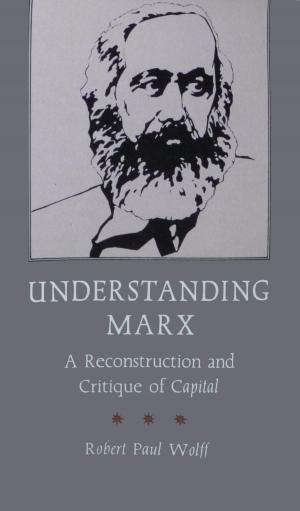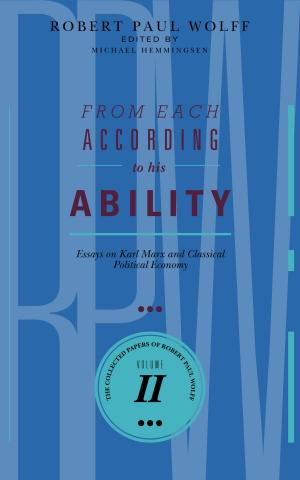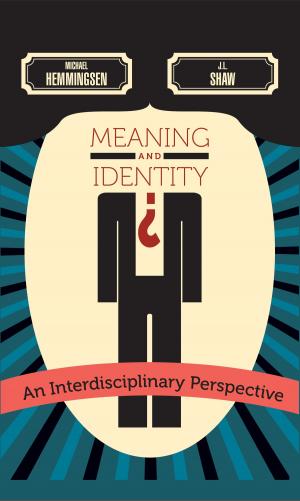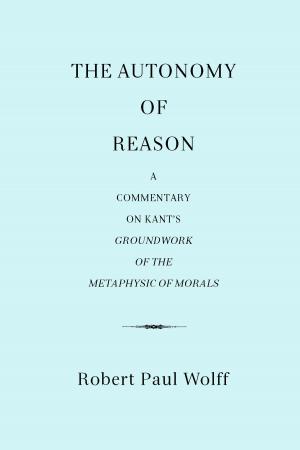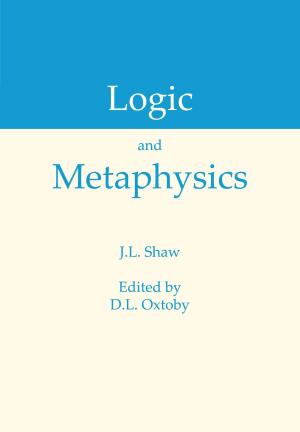Causality and Its Application
Samkhya, Bauddha and Nyaya
Nonfiction, Religion & Spirituality, Philosophy, Free Will & Determinism, Metaphysics, Eastern| Author: | J.L. Shaw | ISBN: | 9780473191788 |
| Publisher: | Society for Philosophy & Culture | Publication: | February 24, 2013 |
| Imprint: | Language: | English |
| Author: | J.L. Shaw |
| ISBN: | 9780473191788 |
| Publisher: | Society for Philosophy & Culture |
| Publication: | February 24, 2013 |
| Imprint: | |
| Language: | English |
Causality and Its Application: Samkhya, Bauddha and Nyaya is not only a commentary on the views of classical Indian philosophers, but also contains explanations of concepts which are indispensable for understanding metaphysics, epistemology and ethics, among many other things. This book deals with a range of questions, such as whether the material cause contains the effect in its subtle form, whether causality can be defined in terms of efficacy, whether causal conditions are related to each other and whether they can be classified into types. It also explains the relation between the concepts of event, action, moment and causality.
Regarding epistemological issues related to causality, this book focuses on sources of knowledge, such as perception, inference and verbal testimony. Since this book suggests solutions to certain problems of knowledge, including the perception of a physical object, the relation of inferential cognition to its premises, the nature of atomistic and holistic understanding of the meaning of a sentence, it will throw further light on contemporary epistemology, philosophy of language and logic. Hence it will be useful not only for understanding Indian philosophy, but also for solving some contemporary Western problems. It will be of value for comparative philosophers, Indologists and Sanskritists.
Causality and Its Application: Samkhya, Bauddha and Nyaya is not only a commentary on the views of classical Indian philosophers, but also contains explanations of concepts which are indispensable for understanding metaphysics, epistemology and ethics, among many other things. This book deals with a range of questions, such as whether the material cause contains the effect in its subtle form, whether causality can be defined in terms of efficacy, whether causal conditions are related to each other and whether they can be classified into types. It also explains the relation between the concepts of event, action, moment and causality.
Regarding epistemological issues related to causality, this book focuses on sources of knowledge, such as perception, inference and verbal testimony. Since this book suggests solutions to certain problems of knowledge, including the perception of a physical object, the relation of inferential cognition to its premises, the nature of atomistic and holistic understanding of the meaning of a sentence, it will throw further light on contemporary epistemology, philosophy of language and logic. Hence it will be useful not only for understanding Indian philosophy, but also for solving some contemporary Western problems. It will be of value for comparative philosophers, Indologists and Sanskritists.

